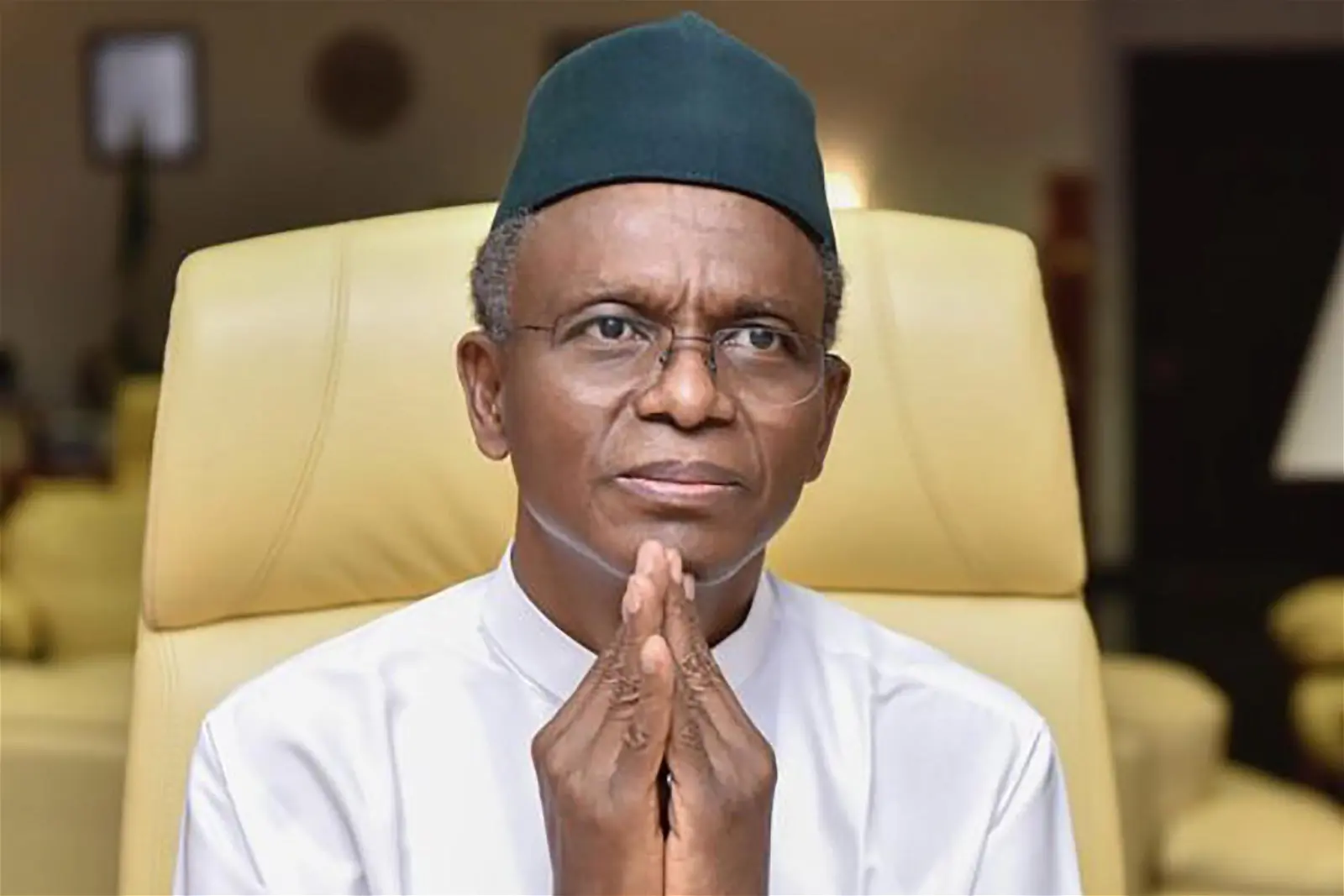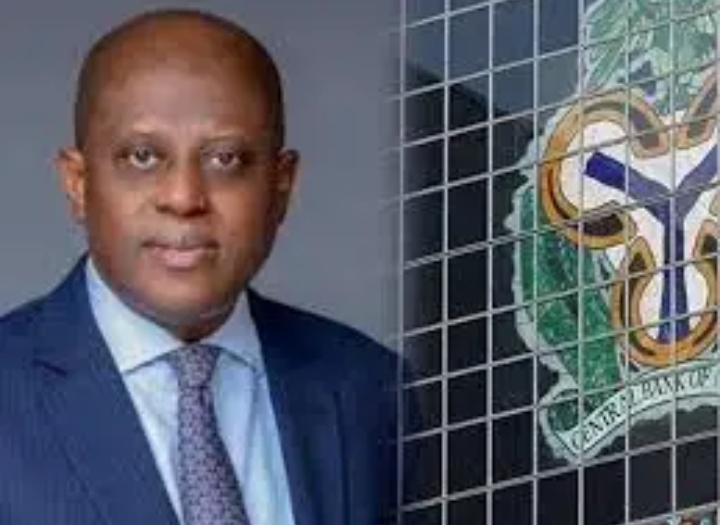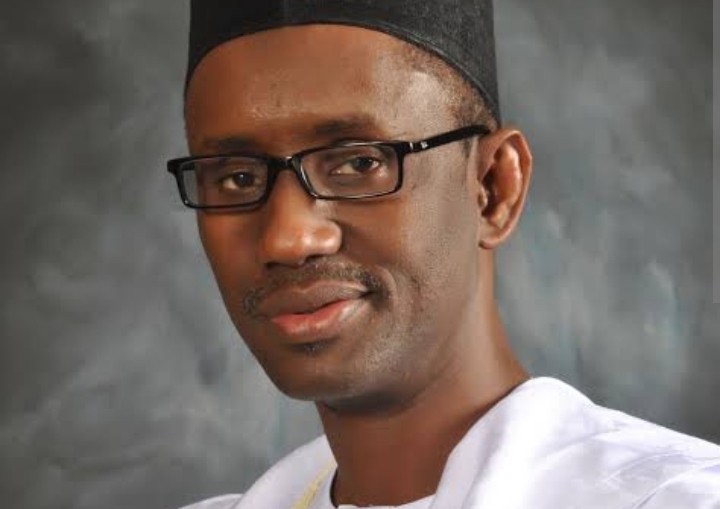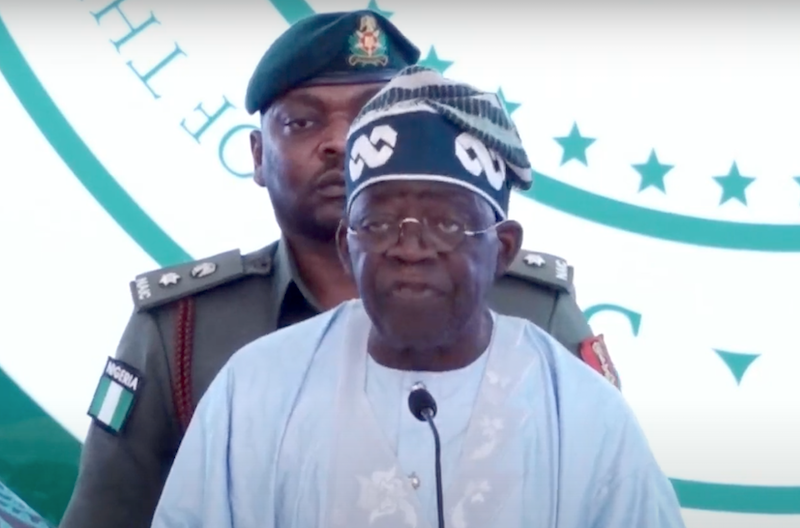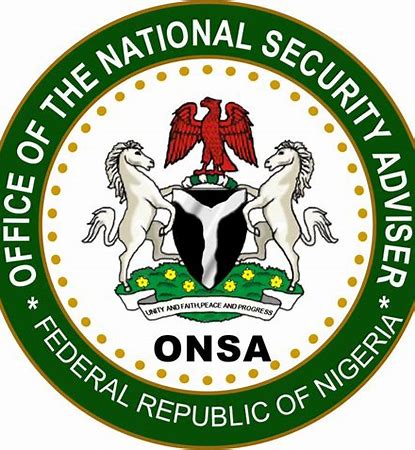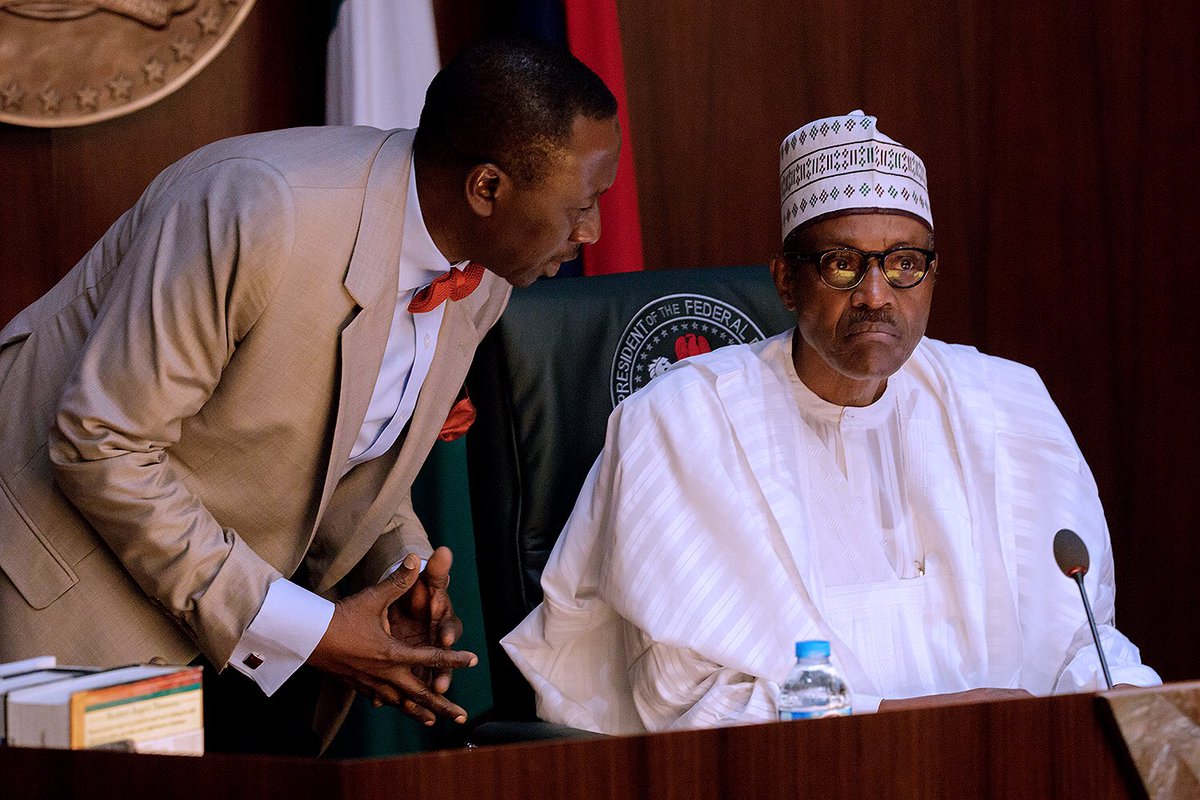The National Civil Society Council of Nigeria(NCSCN) has condemned the recent media attack by the former Governor of Kaduna State, Malam Nasir El-Rufai, on the National Security Adviser, Malam Nuhu Ribadu.
El-Rufai had alleged that the Office of the National Security Adviser (ONSA) coordinates a policy of ransom payments and inducements to bandits and insurgents in the guise of non-kinetic approach to the fight against banditry and terrorism.
NCSCN’s Executive Director, Amb. Blessing Akinlosotu, who briefed newsmen on Tuesday in Abuja, challenged El-Rufai to come forward with his proofs within 72 hours, or apologise to the ONSA and the national security architecture.
According to the executive director, NCSCN will blacklist El-Rufai if he fails to present his evidence or tender an apologise within the given time frame.
He said that in as much as NCSCN totally aligned with the global posture of non-negotiation with terrorists and bandits, it remained resolute in its advocacy for the adoption of non-kinetic measures in securing the lives of Nigerians in captivity.
“One can never fully understand or feel the pains of victims affected by terrorist attacks or kidnapping until one experiences such devastating nightmare.
“The public allegations made by El-Rufai, without authoritative facts and figures to back his claims, is most unfortunate and unexpected from a high-profile leader of his calibre.
“His utterances were too unguarded, highly volatile, and very vindictive, sounding more like that of a political detractor bent on mischief and blackmail.”
He said that Nigerians from all walks of should put the security of lives of fellow citizens above personal interests, and must appreciate efforts and investments being made towards securing lives.
Akinlosotu challenged El-Rufai to retract or validate his claims.
“El-rufai should in next 72 hours, and as a matter of urgency, responsibility and responsiveness, come out boldly with evidence and proves to the allegation made against the NSA and the security architecture, or render unreserved apology.
“In the case of failure to substantiate his allegations, he will be blacklisted by NCSCN.
“We urge the ONSA to strengthen good collaboration with the organised civil society community towards the dissemination of information on the activities of the offices as and when necessary.
“The civil society council advocates immediate creation of a Non-Kinetic Civil Space Engagement Unit within ONSA to be manned by a seasoned civil society activist, with desk officers in all security formations.
“Any nation claiming absolute non-negotiation posture or total military force in dealing with terrorism, without any form or case of dialogue and negotiation, is either living in denials or being hypocritical.
“Nigeria must institutionalise and learn to strategically combine the use of kinetic and non-kinetic methodologies in fighting insecurity in the country,’’ he said.
